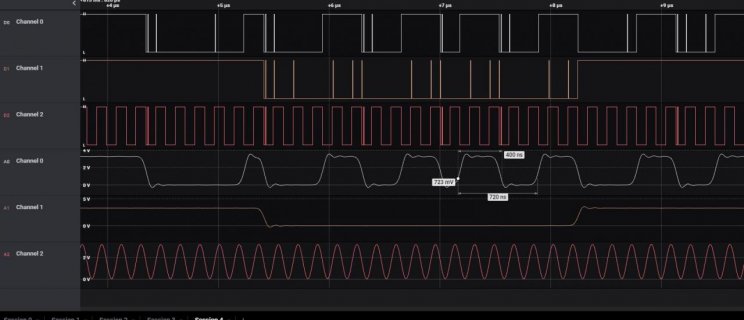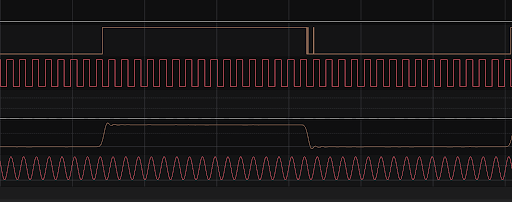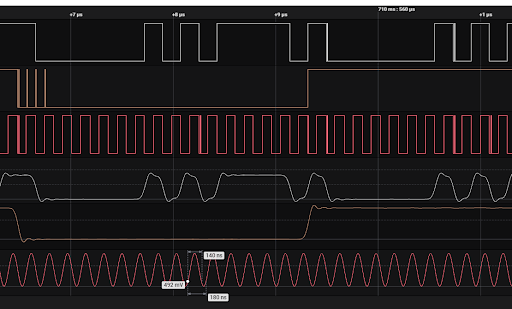PaulStoffregen
Well-known member
As previously mentioned, I can also test the same 'broken' sketch on a different PC and it will work reliably, using the same T4laser synth module. I have disabled installing updates on that Arduino's IDE, in hopes of protection against kremlins. So far, so good.
The only difference is using different computers, both Win 10, both I5 intel, but the Surface is several years older, with an out of date HAL for MS to upgrade. to Win 11.
Yes, I understand that you don't have the ability to troubleshoot, without being able to reproduce it at your end. I can't detect any problems on the miniPC, either.
Any chance anti-virus or windows defender or other anti-malware could be interfering with the compiler? Or the installer writing the files?




